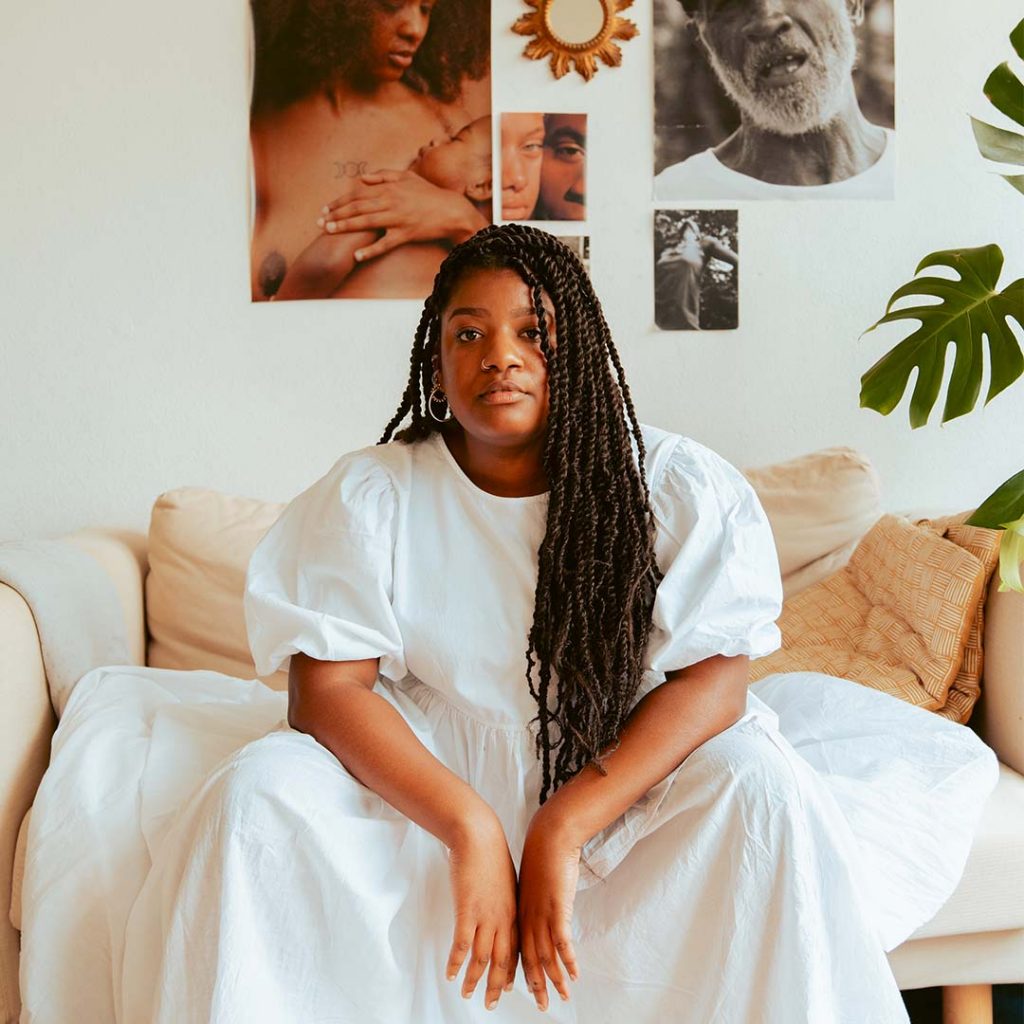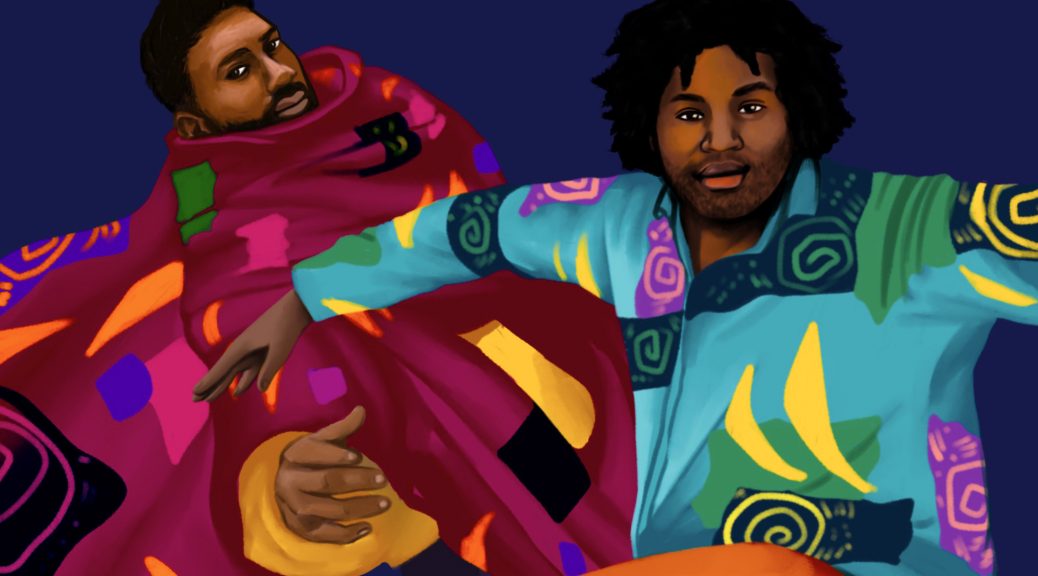CLOUD is also moving online! This year (2022) we will host playful talks from our dance studio, where Damani Leidsman and Fazle Shairmahomed will have conversations with different people from the dance world from a decolonial perspective. They will talk about taboos, hybrid dance, transgressive behavior, the value of categorizing dance in boxes such as ‘amateur and professional’, ‘contemporary and urban’, from underground dance to dance in theaters, museums and beyond… How does dance move now, then, and very soon?The language in which they will speak and move will be a surprise each time, but it will be hybrid in particular! Let’s discover together how we can keep having dialogues!
The events will always be online, but sometimes, depending on the pandemic you are also very welcome to join us in the studio. Please register by mail to cloud.danslab@gmail.com
We will announce new dates soon, so please subscribe to this event or follow our socials to keep yourself updated.
You can look back to the sessions here
CLOUD Talks #1 with Damani Leidsman & Fazle Shairmahomed
Next CLOUD Talks #2 on Sunday 6th of March 20:00
with Aqueene Wilson. Register here to make sure you follow the online Facebook stream.

The short documentary series by Aqueene Wilson “WHERE ARE THE BLACK BODIES DANCING?” was launched in 2021 as part of a fellowship at Kunstinstituut Melly. Since then this profound documentary unfortunately received very little attention in the Netherlands, especially the dance world remained silent. In the second edition of CLOUD Talks we will reflect on the creation process of this documentary series for the maker, talk more about the spaces where black bodies dance and look more into the decolonial movements (not) happening in the arts. You can read more about the documentary and the maker below. Watch the two episodes of about 15 minutes here:
WHERE ARE THE BLACK BODIES DANCING is a two-part online series that should be seen as a research come to life. Through a visual collection of conversations, performances, and art we question the current racial landscape in contemporary dance, while actively creating space for black bodies. As we live in a time where activism is primal, oppressive structures in dance need to be highlighted. Therefore, we start the series by revealing complex truths like institutional norms, tokenism, and othering. This entire body of work can be seen as a form of counter storytelling, as extremely praised concepts like diversity and equality are contradicted by Christian Yav, Junadry Leocaria, Dalton Jansen, and Chanel Vyent. Through moments of vulnerability, we ask them what it means to be a black body in a white institute. More so, what are the issues behind contemporary diversity? And how do they actively create space for others or themselves?
Aqueene Wilson (Curacao, 1995) is curator, multidiscpilinair artist, autodidacte fotograaf en Caribisch kind. Met het menselijk lichaam als haar meest voorkomende onderwerp en haar achtergrond in dans, staat ze voornamelijk bekend om het documenteren van het (gekleurde) lichaam door een kwetsbare lens.
Ze bezit een internationale bachelor’s diploma in kunst en cultuur van de Erasmus Universiteit. Hier werd ze aangemoedigd om fotografie te beoefenen vanuit de positie van onderzoek met als doel om ruimte te maken voor cultureel verzorgende dialogen. Kortom, kan haar werk gezien worden als een fontein van positieve representatie, welzijn en tederheid van vooral zwarte mensen en speelt deze direct in op de persoonlijke en gemeenschappelijke behoefte aan een eerlijke en representatieve ruimte in fotografie, dans en film.
Vanaf 2019 doet ze onderzoek naar het gebrek aan zwarte dansers in hedendaagse instellingen en probeert ze nu actief ruimte te maken voor het nog gemarginaliseerde lichaam. Nu, met haar huidige fellow functie bij Kunstinstituut Melly, heeft ze haar scriptie vertaald naar een online serie, namelijk: Where are the black bodies dancing? Met haar focus op inclusie zal ze altijd ruimte blijven creëren voor anderen.
“Als artiest ben ik enorm tevreden met het eindresultaat, maar als activist is er nog genoeg werk aan de winkel. Er is op dit moment heel veel frictie in de (dans)wereld, maar te weinig verantwoordelijkheid, bewustzijn, zorg en dialoog”.
